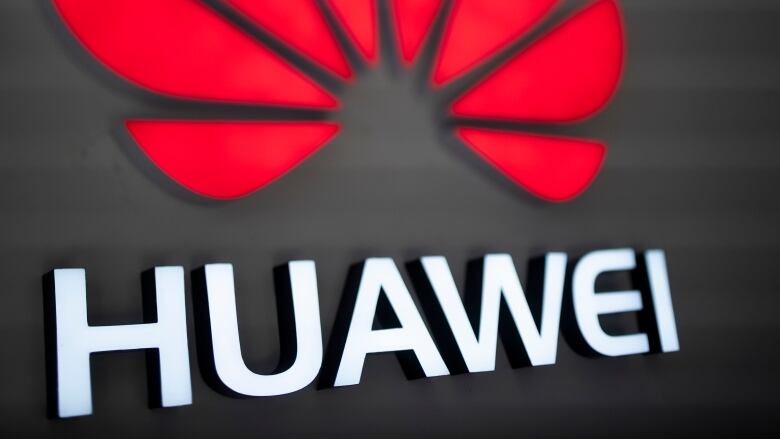Some fear for tourism as Huawei arrest strains Canada-China relations
Canadians visiting China should have no problems, expert says — but be careful around politics

After the arrest of one of China's top telecommunications executives in Canada, some are worried about damage to the two countries' tourism connections.
Meng Wanzhou, CFO of Chinese technology giant Huawei, was arrested in Vancouver on Dec. 1 on suspicion of fraud involving violations of U.S. sanctions on Iran. American prosecutors are fighting for her extradition from Canada.
The arrest has led to increased tensions between Canada and China and some are fearing Beijing could target tourism.
Winfred Gatsi, marketing manager with Arctic Tours in Yellowknife, says thousands of Chinese tourists travel to Canada each year to see the northern lights.
"Our main concern is for Canada right now because the Chinese market is contributing a lot to our economy," Gatsi said.
He says tourists from China make up 50 per cent of his business, and he fears the country could punish Canada by restricting travel.

Canadian tourists should be OK
Former diplomat Hugh Stephens, now with the Asia Pacific Foundation of Canada, says for most Canadian tourists, travel to China shouldn't be a concern.
But those working for non-governmental organizations might want to reconsider, Stephens said.
Earlier this week, the Canadian government confirmed former diplomat Michael Kovrig was arrested and detained in China without explanation.
Kovrig was based in Hong Kong as an adviser with the International Crisis Group, a think tank "committed to preventing and resolving deadly conflict," according to its website.

"If I was going to China in a capacity with a [non-governmental organization] I might want to take a check on that, verify the status of my NGO in China, make sure everything is above board," Stephens said. "Why take unnecessary risks at this point?"
Stephens says he hopes there's no further escalation in the diplomatic battle, which could hurt interests both in China and Canada.
"I would certainly hope this is not going to destabilize tourism, study or other business relationships," he said.
Chinese students studying in Canada, as well as tourists visiting this country are both important to Canada financially.
Human rights a sore point
Louis Huang agrees that for tourists, little has changed but added anyone agitating for political freedoms, Tibet independence or religious rights could end up in trouble if they go to China.
His group, Vancouver Chinese Human Rights Watch, advocates for democracy and freedom for the People's Republic.

Standing in front of a Richmond, B.C. bus shelter ad, which the group paid to be placed there, Huang said that power in China is arbitrary and ruthless.
"They don't have the rule of law. They always talk about human rights, but people cannot exercise their rights," he said.
"The Chinese government is not predictable. They can do anything without thinking of the law, without thinking of human rights."
With files from Greg Rasmussen